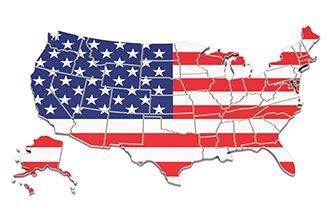
The crime of false, deceptive or misleading advertising occurs when a person or organization publishes or distributes, either directly or indirectly, a statement that is or that they know to be false, with the intent and induce or entice a person to take part in a transaction. This law applies to both land and personal property.
The language of this statute is very broad and extends to false advertising that is distributed through any medium including traditional mediums like television ads, radio ads, and mailings as well as more uncommon mediums like door-to-door sales, emails, proclamations, or public outcries.
The statute does not require actual deception in order for a crime have occurred. The statute extends to any statement that “has a tendency” to mislead the public. In short, the statement needs to have been intentionally false for a crime to have occurred, but no one in the general public needs to have been actually deceived by the statement for the crime to have occurred.
The key provisions of this statute are:
The following are excluded from False or Deceptive advertising:
Nick Wooldridge has a long track record of representing clients accused of serious federal and state crimes in Nevada.
These exceptions ensure that only those that actually produce the false and misleading advertising are held liable, not the entities that run third party ads as part of their business practices.
If you or a loved one have been charged with violating NRS 2-7/170 in Nevada, it is important to remember that the burden is proof is upon the State of Nevada to prove that you have committed the crime. Most crimes have defenses that can be raised to refute the state’s argument. An experienced attorney may raise the following defenses against a charge of false advertising charge:
If you have been charged with using false, deceptive or misleading advertising in Nevada, contact our Las Vegas criminal defense lawyers today to schedule a free, confidential case review. We may be able to persuade the prosecution to reduce the charges or to drop them altogether so your record stays clean.